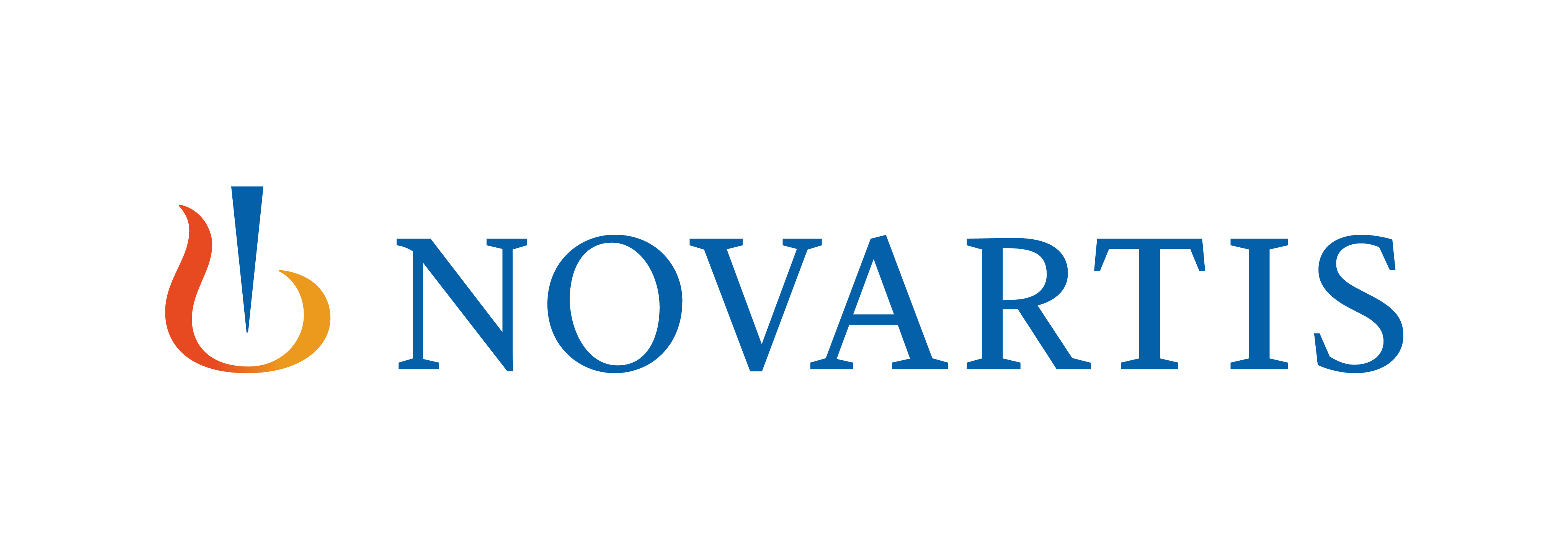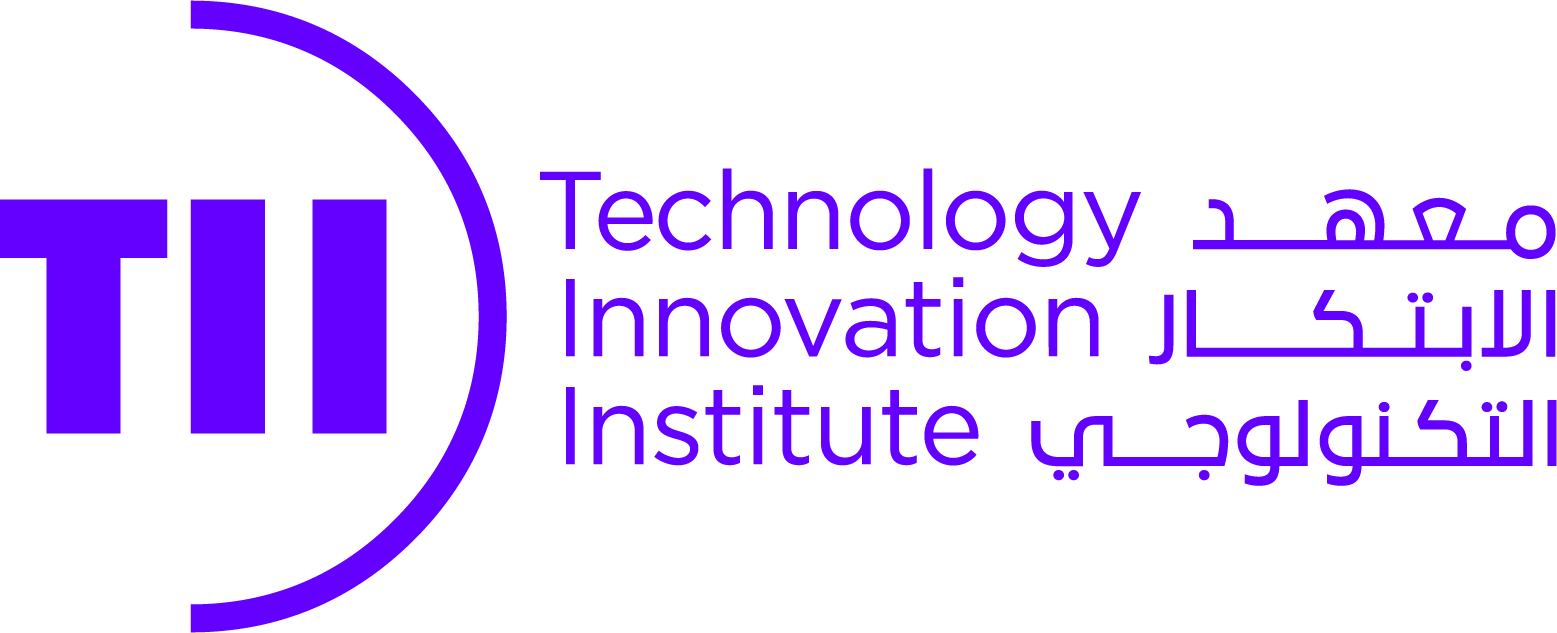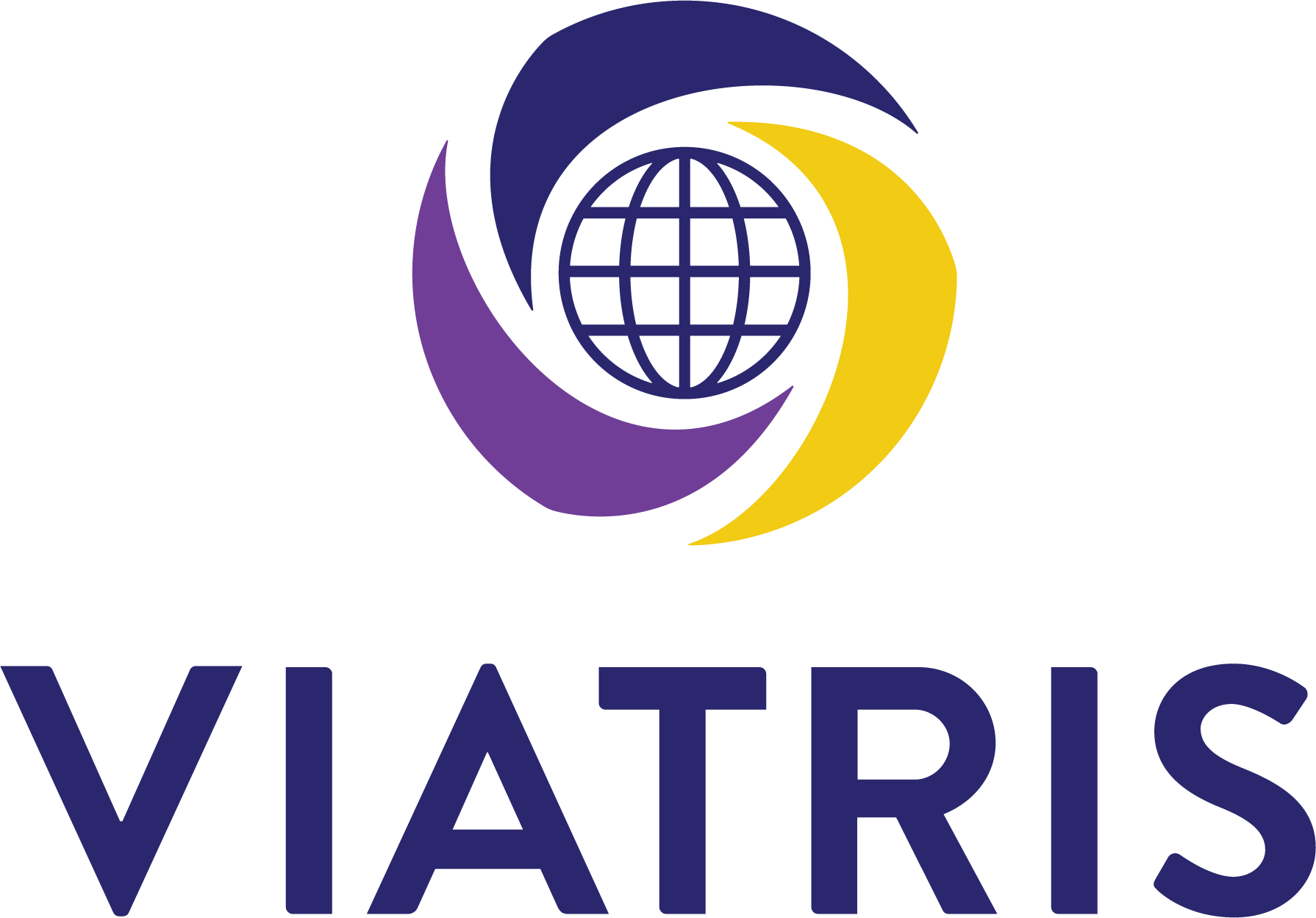تحت رعاية سموّ الشيخ خالد بن محمد بن زايد آل نهيان، ولي عهد أبوظبي رئيس المجلس التنفيذي لإمارة أبوظبي
Under the Patronage of His Highness Sheikh Khaled bin Mohamed bin Zayed Al Nahyan, Crown Prince of Abu Dhabi and Chairman of Abu Dhabi Executive Council
Apple Watch to Add Medication Tracking, AFib History Features
The new operating system update will enable users to manage their medications and allow those diagnosed with atrial fibrillation to monitor their heart rhythm trends.

June 07, 2022 - Apple will add several new features to its smartwatch, including atrial fibrillation (AFib) history recording and medication tracking capabilities.
The new Apple Watch operating system, watchOS 9, will include these features.
The Food and Drug Administration-cleared AFib History feature will enable users diagnosed with AFib to access critical information, such as an estimate of how frequently their heart rhythms show signs of the condition. Users will also receive weekly notifications on their heart rhythm trends.
Dig Deeper
- Remote Monitoring Using Wearable Effective in Tracking Parkinson’s Disease
- mHealth Wearables Can Track Physiological Responses to COVID-19 Vaccine
- Wearable Sensor May Help Curb Opioid Relapses, Overdoses
Further, they will be able to view a detailed history of their condition, including lifestyle factors like sleep and exercise that may influence it, in the Health app.
These new capabilities build on the current ECG app and irregular rhythm notification on the Apple Watch that help identify potential signs of AFib.
The Medications app, which is also available on the iPhone, allows users to track their medications, vitamins, and supplements. Users can create a medications list, set up schedules and reminders, and view information on their medications.
Additionally, in the US, users can choose to receive an alert if there are any potentially harmful interactions between medications they have added to the app.
The operating system update will also bring enhanced sleep tracking capabilities to the Apple Watch. Currently, the watch enables users to track their sleep to meet their goals. The updated watchOS 9 will use signals from the accelerometer and heart rate sensor to detect when users are in rapid eye movement (REM), core, or deep sleep.
Further, the update will add new features to the Workout app, including advanced metrics for runners and swimmers.
"This fall, watchOS 9 takes the Apple Watch experience to the next level with scientifically validated insights across fitness, sleep, and heart health, while providing users more creative ways to make their Apple Watch their own," said Jeff Williams, Apple's chief operating officer, in a news release.
The news of the Apple Watch update comes less than a month after its competitor Google announced the launch of its first smartwatch. According to CNET, the watch will be available this fall and leverages Google's Wear OS smartwatch software and Fitbit health-tracking features.
Google also recently announced several healthcare-related artificial intelligence efforts. These include researching and developing tools to help identify diabetic retinopathy and cardiovascular conditions and improve maternal health.
Patients are, by and large, in favor of using wearables to improve their health and quality of life. Still, in a January survey, about one in five said that their medically prescribed wearable device is hard to use. In contrast, patients found commercial devices such as Apple Watches, Fitbits, and Oura Smart Rings easier to use.
Source: mHEALTHINTELLIGENCE






































